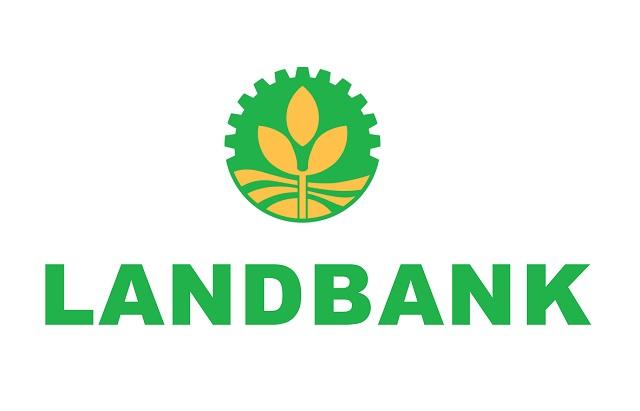Landbank released P11.93B loans to high-value crops farmers as of end-July

State-owned Land Bank of the Philippines said Tuesday it has released a total of P11.93 billion in loans, as of July 31, 2020, to support farming of high-value crops.
The loans extended were under Landbank’s “Sulong Saka Program or High-Value Crops Financing”—a part of the bank’s aggressive drive to deliver intensified support to the country’s agriculture sector.
The state lender said a significant portion or P3.45 billion of the total P11.93-billion loans were released to support projects in the production of oil palm, followed by projects financed in the production of banana and other fruits, with corresponding P1.88 billion and P1.35 billion loan releases, respectively.
Meanwhile, a total of 992 borrowers from 72 provinces across the country have availed of the lending program.
Of the total borrowers; 421 are small farmers and fishers (SFFs); 302 are cooperatives; 183 are micro, small, and medium enterprises (MSMEs); and the remaining 86 are countryside financial institutions (CFIs), large agribusiness enterprises (LAEs)/corporations, associations, microfinance institutions (MFIs), local government units (LGUs), government-owned and controlled corporations (GOCC), and financial institutions (FIs).
The “Sulong Saka Program,” which was launched in December last year, was designed to promote wider crop diversification, particularly for high-value crops such as banana, cacao, cassava, coffee, oil palm, rubber, and vegetables, among others, according to Landbank.
“Crop diversity is essential to attain local food security, especially during this health crisis. Through the Landbank Sulong Saka Program, we see that more and more farmers are being encouraged to engage in the production of high-value commodities, helping the country attain food security,” Landbank president and CEO Cecilia Borromeo said.
Aside from promoting crop production, the program also supports projects that involve the processing and marketing of high-value crops.
Landbank said eligible borrowers can apply for the establishment of nursery, budwood or mother and plant or parent clone gardens; new plantation, replanting, rejuvenation, and rehabilitation of old trees; post-harvest activities, and processing or manufacturing; as well as trading and export activities.
Under the program, small farm holders may apply for loans with an affordable interest rate of 5% per annum.
For other eligible borrowers, however, interest is based on prevailing market benchmark rate, the state lender said.
“Production loans under the program are payable based on crop cycle or gestation and payback period of the project,” Landbank said.
“Meanwhile, tenor for fixed asset acquisition is based on project cash flow but not more than the economic useful life of fixed assets or remaining useful life for second hand or refurbished machines,” it said.
“For permanent working capital and working capital, tenor of up to three years and one year, respectively, is provided,” it added.—AOL, GMA News




